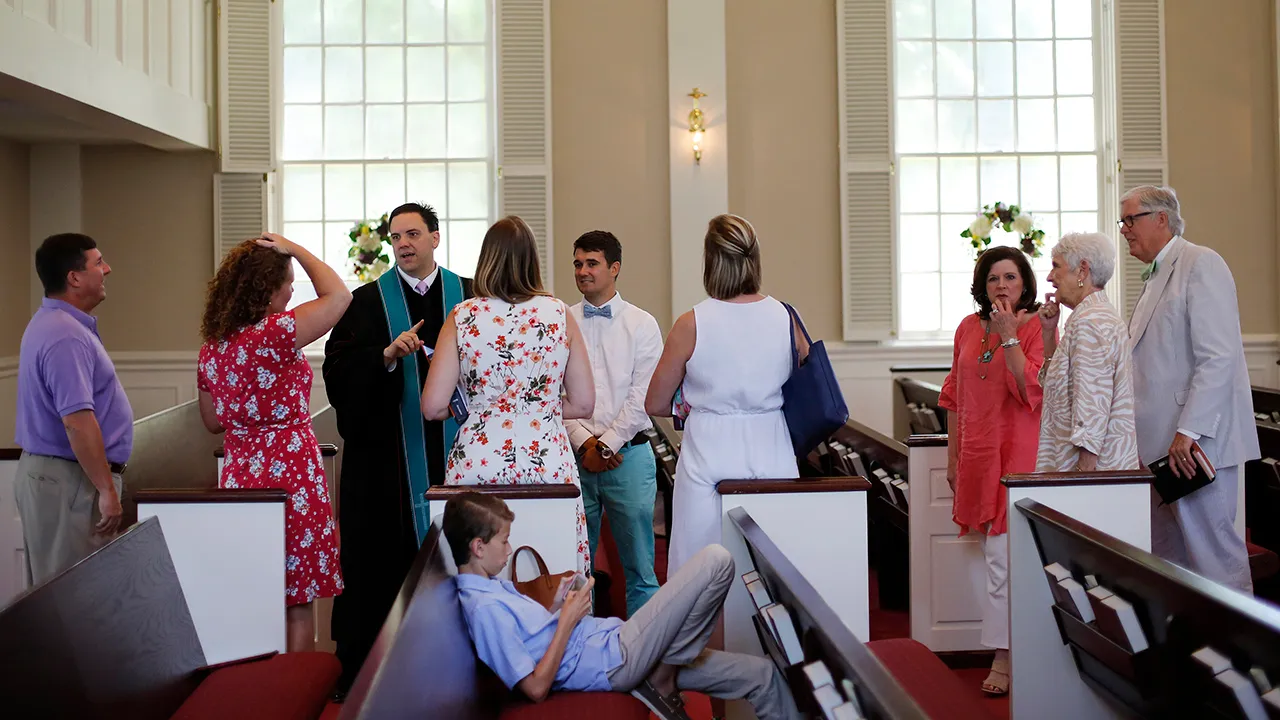
NGOCSTIP – Role of Religious Institutions in Raising Awareness about human trafficking is more important than ever. Human trafficking is a global crisis that affects millions of people. It is a form of modern-day slavery that exploits vulnerable individuals for forced labor or sexual exploitation. Religious institutions, with their vast networks and moral influence, can play a significant role in combating this issue. Through education, advocacy, and community outreach, these institutions can help raise awareness and prevent trafficking. Their involvement is essential in addressing this pressing issue in society.
Religious institutions have a strong influence in communities worldwide. They have access to a wide range of individuals, from young children to the elderly. These institutions can spread vital information about human trafficking through their teachings, services, and outreach programs. Moreover, religious leaders are trusted figures. Their voice has the power to inspire action and bring attention to important social issues. They can use this influence to educate congregations and promote awareness campaigns. Religious institutions can also partner with local organizations to address human trafficking within their communities.
“Read about: From Awareness to Impact: Why the GHTI Certification Matters”
Education is one of the most effective tools in preventing human trafficking. Religious institutions can educate their communities about the warning signs of trafficking. They can also provide resources to help victims and their families. Workshops and seminars can be held to inform people about the risks and how to avoid falling victim. For example, religious groups can distribute literature that educates individuals on how traffickers operate. They can also host guest speakers who specialize in anti-trafficking efforts. By educating communities, religious institutions can empower individuals to protect themselves and others.
In addition to raising awareness, religious institutions can play a key role in preventing trafficking. They can offer counseling services for at-risk individuals. These services can help prevent vulnerable people from becoming victims. Religious groups can also assist in creating support networks for individuals who are at risk. They can collaborate with local law enforcement and social services to help identify and rescue trafficking victims.
“Read more: Protecting Your Child from Encephalitis: Prevention and Awareness”
Religious institutions are in a unique position to advocate for stronger laws and policies to fight human trafficking. They have the moral authority to challenge governments to take action. Many religious leaders have already used their influence to speak out against injustice. They can press for legislation that strengthens victim protection programs and penalizes traffickers. By working with lawmakers, religious groups can help shape policies that provide resources for survivors. They can also lobby for better enforcement of existing anti-trafficking laws.
In addition, religious institutions can raise awareness about human trafficking in their congregations. They can hold special events or services to discuss the issue. Sermons and prayers can be focused on the importance of combating human trafficking. Religious institutions can also organize rallies, marches, or fundraisers to support anti-trafficking organizations. By taking these actions, religious groups can encourage members to get involved in the fight against human trafficking.
Religious institutions can partner with nonprofit organizations that focus on human trafficking. These partnerships can be crucial in providing resources and support for survivors. By working together, religious institutions and nonprofits can create programs that help rehabilitate trafficking victims. These programs can offer medical care, legal aid, job training, and emotional support. Religious groups can also assist in the reintegration of survivors into society. They can provide housing and support systems that ensure the victim’s well-being.
Through collaboration, religious institutions can help raise awareness about human trafficking on a larger scale. They can use their platforms to promote nonprofit organizations’ work and encourage people to get involved. Religious leaders can also help fundraise for these organizations, providing financial support for their efforts.
Community outreach is a powerful tool in the fight against human trafficking. Religious institutions can organize events that bring attention to the issue. For example, they can host conferences or town hall meetings that discuss human trafficking prevention. These events can bring together local leaders, law enforcement, and community members to share information. Religious groups can also engage in outreach efforts with schools, hospitals, and other institutions to spread awareness.
Furthermore, religious institutions can play an active role in supporting survivors of trafficking. They can provide safe spaces where victims can seek refuge. Churches, synagogues, mosques, and temples can all serve as sanctuaries for individuals in need. By offering sanctuary, religious institutions can give victims the courage to come forward and seek help.